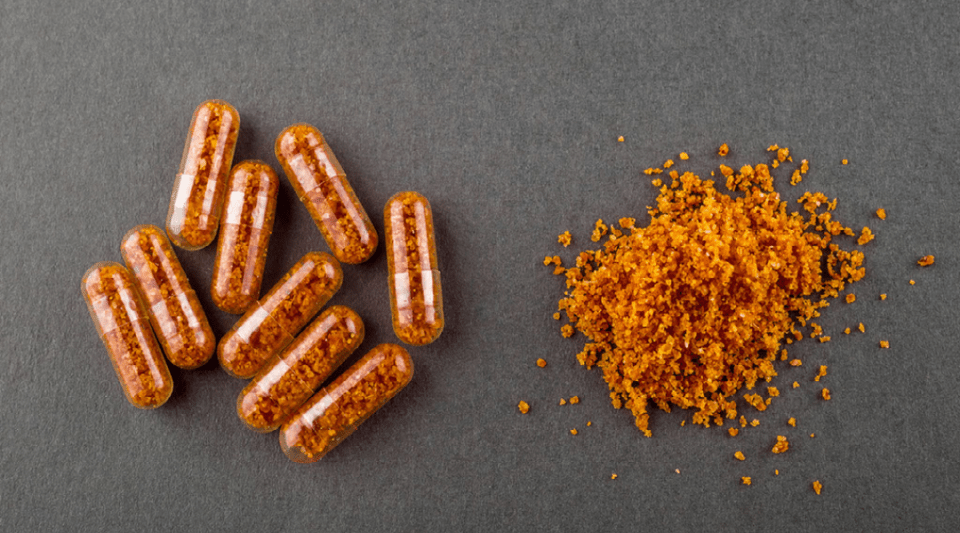Substantiated information by:

Andrea Aira Gómez
Microbiologist
Microbiology Service
Published: 8 January 2024
Updated: 8 January 2024
Subscribe
Receive the latest updates related to this content.
Thank you for subscribing!
If this is the first time you subscribe you will receive a confirmation email, check your inbox
An error occurred and we were unable to send your data, please try again later.


